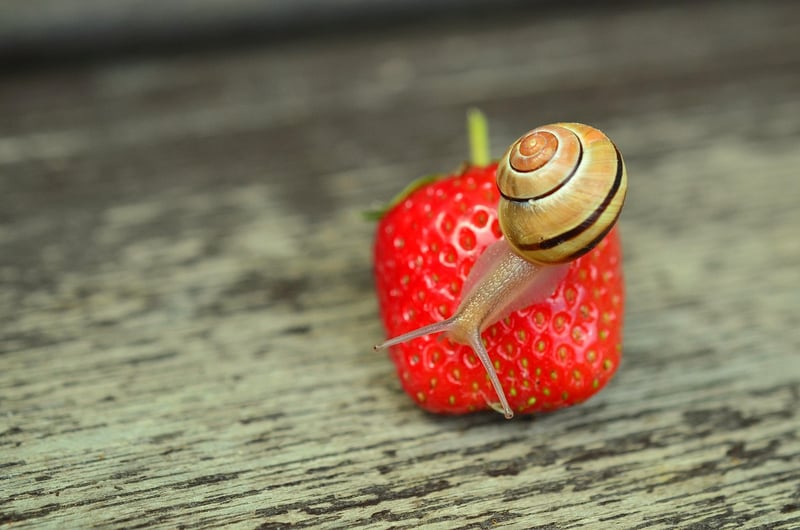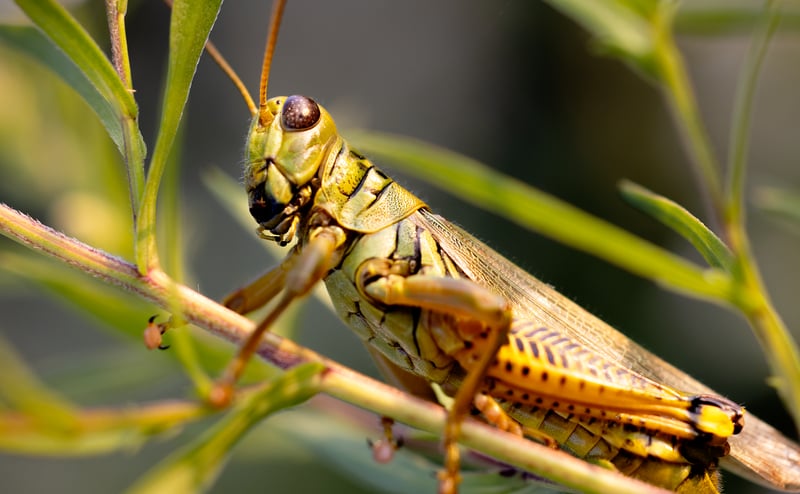Common Pests
Managing Garden Pests
Welcome to our comprehensive guide on managing garden pests. Whether you're a seasoned gardener or just starting out, dealing with pests is an inevitable part of maintaining a healthy garden. In this article, we will discuss common garden pests and effective strategies to control and manage them organically.
Common Garden Pests
Before delving into pest management techniques, let's familiarize ourselves with some of the most common garden pests you may encounter:
- Aphids: These small, pear-shaped insects feed on plant sap and can cause stunted growth and yellowing of leaves.
- Slugs and Snails: These slimy creatures are known for their voracious appetite and can quickly decimate young seedlings and tender plants.
- Caterpillars: The larvae of butterflies and moths, caterpillars can chew through leaves and flowers, causing significant damage.
- Whiteflies: These tiny, white insects suck sap from plants, leading to wilting and the spread of diseases.
- Spider Mites: These minuscule pests thrive in hot, dry conditions and can cause stippling on leaves, affecting photosynthesis.
Effective Pest Management Strategies
Now that you know some of the common culprits, let's explore natural and eco-friendly methods to keep them in check:
- Handpicking: Inspect plants regularly and remove pests like caterpillars and beetles by hand. This method is particularly effective for larger insects.
- Companion Planting: Intercropping plants that repel pests or attract beneficial insects can help deter unwanted visitors from your garden.
- Biological Controls: Introducing natural predators like ladybugs, lacewings, or nematodes can help control pest populations without the use of chemicals.
- Organic Sprays: Homemade sprays using ingredients like neem oil, garlic, or soap can be effective against soft-bodied pests like aphids and mites.
- Row Covers: Use physical barriers like row covers to protect plants from flying insects and pests like caterpillars.
By implementing a combination of these strategies and maintaining a healthy garden ecosystem, you can effectively manage garden pests while minimizing harm to beneficial insects and the environment.
Remember, a diverse and balanced garden is less prone to pest infestations, so focus on creating a thriving ecosystem that can naturally regulate pest populations.
Happy gardening!

